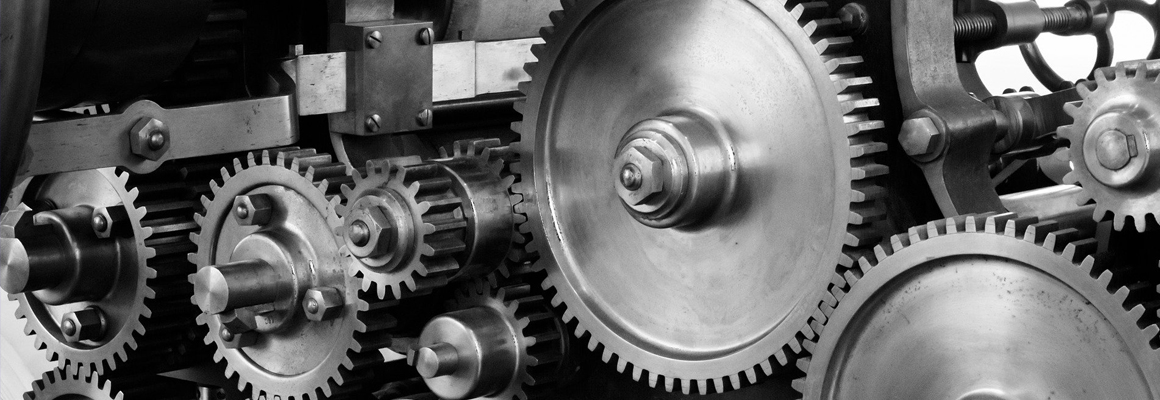Are Standard Hose Fittings Enough for Innovation?
Hose fittings have long been an essential component in the machinery of agriculture, ensuring efficient fluid transfer and fluid dynamics crucial to various processes. Yet, as agriculture evolves, the question arises: are traditional hose fittings sufficient to meet the challenges of modern agricultural innovation? With the increasing complexity of machinery and the demand for enhanced efficiency, understanding the role and limitations of standard hose fittings is critical.
If you want to learn more, please visit our website Hose Fittings for Agriculture Machinery volume purchase.
From tractors to irrigation systems, agriculture relies heavily on a network of hoses and fittings to facilitate critical operations. Standard hose fittings have served farmers well over the decades, enabling the transfer of water, fuel, and various other fluids. However, these fittings may not always accommodate advancements in machinery or the specific needs for high-performance applications.
One major consideration is the growing trend toward precision agriculture. This innovative approach utilizes technology and data to improve crop yields and resource management. With more sophisticated machinery comes the necessity for hose fittings that can handle increased pressures and variations in flow rates. Standard hose fittings might limit the potential for achieving the precision required in today’s farming techniques.
Moreover, the materials used in traditional hose fittings can impact their durability and performance under stress. For example, high-pressure applications and corrosive environments require fittings made from advanced materials that resist wear, corrosion, and other forms of degradation. In this scenario, it becomes evident that relying solely on standard hose fittings could lead to operational inefficiencies, increased downtime, and higher maintenance costs.
Another aspect to consider is the growing emphasis on environmental sustainability in agriculture. As farmers strive to minimize waste and reduce their carbon footprint, the efficiency of fluid transfer systems becomes paramount. Innovative hose fittings designed with sustainability in mind can contribute to reducing leaks and ensuring optimal fluid utilization. This not only supports the agricultural bottom line but also aligns with the broader goals of sustainable farming practices.
As many agricultural operations shift toward bulk purchase agreements for equipment and supplies, it’s essential to consider the implications of these decisions on hose fittings. Decisions regarding volume purchase of hose fittings for agriculture machinery should involve an assessment of how these components will fit into emerging technologies and methodologies. Bulk purchasing often means locking in choices that may not incorporate the latest innovations available in the market.
Further reading:Rechargeable Sodium-Ion Cells: Customize for Optimal Efficiency
Top Battery Cells for Self-Balancing Scooters
Exploring China's Leading Sintered Powder Filter Factory
Investing in customized hose fittings that adapt to specific machinery needs and offer higher tolerance levels may yield better long-term returns over standard fittings. Custom solutions can enhance overall system efficiency, reduce downtime, and even lower operating costs in the face of increased regulatory pressures and environmental considerations.
The service life of hose fittings is another critical factor. Standard fittings may not always offer adequate performance over time, especially in demanding environments. Farmers can reduce operational costs and enhance reliability by selecting higher-quality fittings specifically designed for longevity and durability. Regular assessments of the entire fluid transfer system, including hose fittings, can identify potential issues before they escalate into costly constraints.
Furthermore, as digital solutions reshape the agricultural landscape, the integration of smart technology into machinery and equipment also extends to hose fittings. The use of sensors to monitor pressure, flow rates, and leak detection requires fittings designed with these technologies in mind. Such innovations can lead to proactive maintenance strategies that minimize disruptions and enhance productivity—a factor that standard hose fittings might not be able to accommodate.
The agricultural sector is no stranger to adopting innovative solutions, with new technologies playing a crucial role in overcoming the challenges of modern farming. While standard hose fittings served their purpose well, the evolution of agriculture calls for a reevaluation of these essential components. It is imperative to think beyond the conventional in order to keep pace with advancements in machinery and embrace the benefits of modern, flexible hose fittings designed for today's agricultural challenges.
In conclusion, while standard hose fittings have played a vital role in agriculture for generations, they may no longer be sufficient to meet the dynamic needs of the industry. Innovation is not just about technology; it involves understanding how every component, including hose fittings for agriculture machinery, integrates into the larger system. As farmers and manufacturers seek greater efficiency and sustainability, exploring advanced hose fittings tailored for specific applications becomes a valuable step toward unlocking the full potential of modern agriculture.
The company is the world’s best interlock jic hydraulic hose fittings Mass supplier. We are your one-stop shop for all needs. Our staff are highly-specialized and will help you find the product you need.
237
0
0
All Comments (0)
Previous: How Can Custom Scooter Battery Cells Enhance Your Riding Experience?
Next: Is Your Tape Converting Equipment Meeting All Your Double-Sided Tape Needs?
If you are interested in sending in a Guest Blogger Submission,welcome to write for us!




Comments